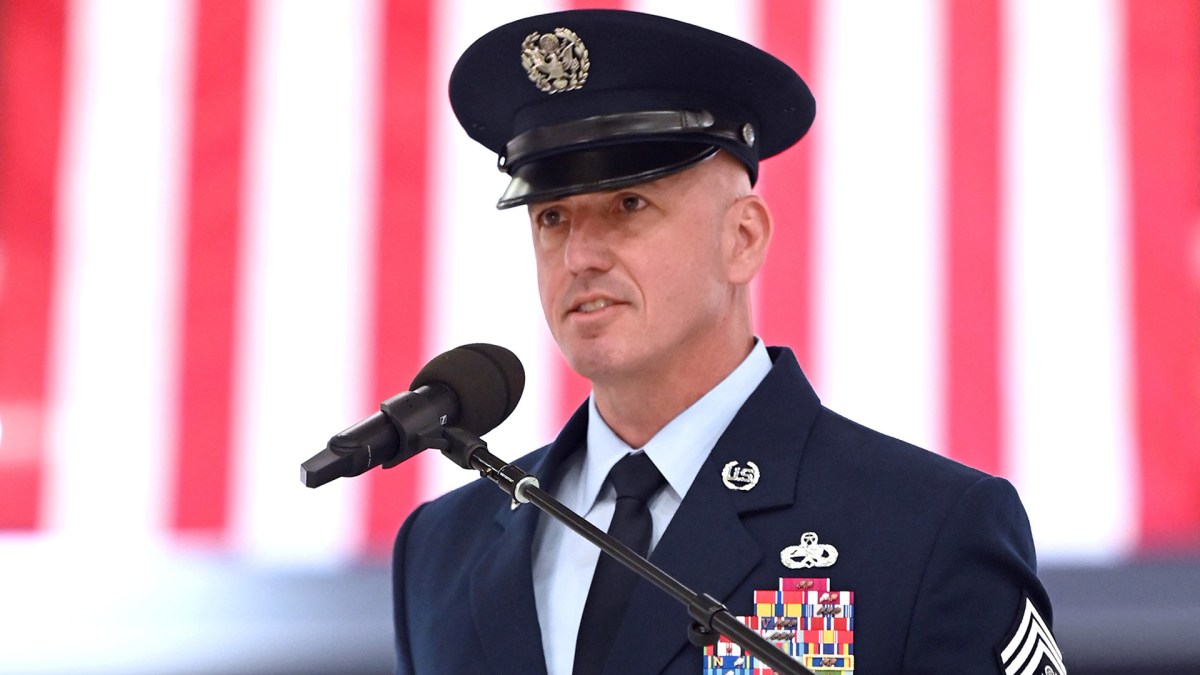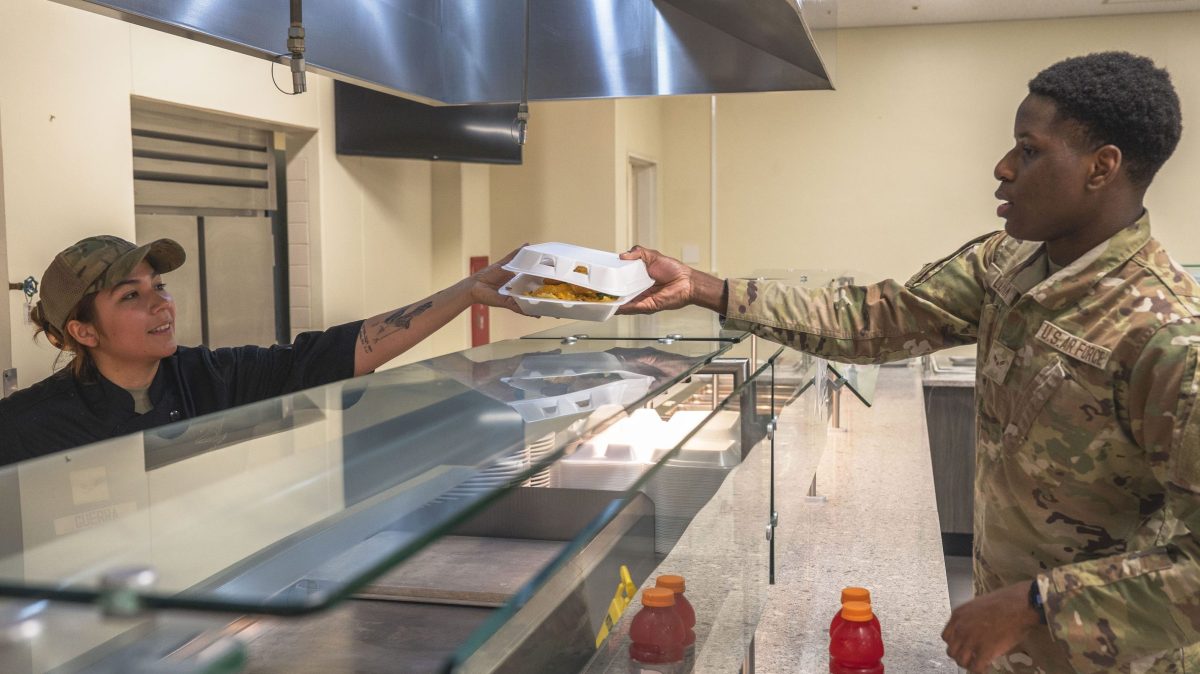THE JUKEBOX – Episode 1: Slot 001
“Fortunate Son” – Creedence Clearwater Revival
—
The first thing you notice about McGarvey’s is that it smells like every old deployment tavern you’ve ever been to…stale Budweiser, decades of cigarette smoke that no amount of legislation could scrub out, and something else. Gun oil, maybe. Or just the accumulated sweat of too many confessions in front of the hollowed-out dart board.
Marcus Chen pushed through the door on a Thursday night because he’d found the matchbook in Jake’s old belongings. McGarvey’s Bar near Fort Bragg. Thursday nights. That was it. No note, no explanation, just a piece of cardboard with an address that nobody in the family had ever heard of.
Three months after the funeral, Marcus was still trying to piece together who his brother had been after Helmand. The Jake who came back wasn’t the Jake who left, and nobody, not their parents, not his Marine buddies who came to the service, not Marcus, seemed to know where that other Jake went every Thursday.
Now Marcus knew. He went here.
The bar was exactly what Marcus expected: dark wood, darker lighting, and photos of bearded men in kit covering every wall like a wanted poster convention. What he didn’t expect was the jukebox.
It sat in the corner, glowing like a shrine, which was essentially what it was. A Wurlitzer from the ’70s, lovingly maintained, completely out of place in 2024. Marcus drifted toward it while the handful of guys at the bar tracked him with that particular stillness special operators do so well.
The song list was handwritten. Actual index cards behind scratched plastic, some of them yellow with age. Slot 001: “Fortunate Son” – CCR. Slot 047: “Wish You Were Here” – Pink Floyd. Slot 092: “Brooke” – Geronimo.
“You play it, you better know the story behind it.”
Marcus turned. The bartender was maybe seventy, built like he’d been carved from a tree stump and left to weather. His left hand was missing two fingers.
“I don’t—”
“Then don’t touch it.” The old man pulled a beer without being asked and slid it down the bar with the precision of a man who’d done it ten thousand times. “You’re a Chen. You look just like him.”
Marcus’s chest tightened. “You knew Jake.”

Read Next: Follow up: Husband wanted in killing of Fort Bragg soldier is dead after standoff
“Knew him? Kid sat at that corner stool every Thursday for two years after he got back. Drank Coors Light, never more than three, told the same stories about Helmand like he was trying to convince himself they were real.” The old man’s face softened just slightly. “I’m Coltrane. Sergeant Major, retired. I run this place.” He nodded at the jukebox. “And I keep that.”
Marcus took a long pull of the beer. It was cheaper than he expected, colder than it had any right to be. “Jake never talked about this place. Not to me, anyway.”
“That’s because you’re a cop. FBI task force, right? Jake mentioned you once. Said his little brother was out there playing dress-up with gangbangers.” Coltrane wiped down the bar with a rag that had seen better decades. “No offense.”
“None taken. He wasn’t wrong.” Marcus gestured at the jukebox. “What’s the deal with it?”
“The deal,” Coltrane said, “is that jukebox has two hundred slots. One hundred eighty-three are filled. Every song in there is for somebody who drank here and didn’t make it home. Their team picks the song. I add it. Nobody plays it unless they know why it’s there.”
“Like a memorial.”
“Like a jukebox,” Coltrane said. “You want memorials, go to Arlington. This is different.”
One of the guys at the bar—shaggy beard, Patagonia fleece over a faded Grateful Dead shirt—laughed into his whiskey. “Coltrane’s gonna tell you about Slot 001. He always does.”
“Shut up, Cordova.”
“I’m just saying, the kid’s looking at it. You’re gonna tell him. Might as well get it over with.”
Coltrane shot him a look that probably would’ve killed a lesser man, then turned back to Marcus. “You know this song?”
Marcus nodded. “Yeah. ‘Fortunate Son.’ Vietnam protest song. John Fogerty. Came out in ’69, peaked at number three on the charts even though a lot of radio stations wouldn’t play it because—”
“Jesus Christ, did you swallow Wikipedia?”
“I was a music major and professional musician… Before the academy.”
“Of course you were.” Coltrane sighed, pulled himself a beer, and leaned against the bar. “Fine. Musician-turned-cop. Tell me why this song matters.”
Marcus thought about it. “Because it’s about rich kids dodging the draft while poor kids went to die. Class warfare set to a killer guitar riff.”
“Close enough.” Coltrane took a drink. “Slot 001 got added in 1971. Staff Sergeant Jackie Ramos. Green Beret. Got killed in Laos doing shit that didn’t officially happen because we weren’t officially there. He was twenty-four. His team came back here—this bar’s been a lot of things over the years, but it’s always been the place—and they were trying to figure out how to, I don’t know, mark it. Make it mean something.”
“So, they added a song.”
“Jackie used to blast ‘Fortunate Son’ before every op. Pissed off the brass every single time. See, Jackie was a fortunate son—his old man was some DC lawyer, had connections, could’ve kept him stateside easy. But Jackie volunteered for SF, volunteered for the deployments nobody wanted. He loved that song because it called out the hypocrisy, but he also loved it because he chose different.”
Cordova raised his glass. “And because it’s a banger.”
“And because it’s a banger,” Coltrane agreed. “So they added it. First song. Started a tradition.” He gestured at the jukebox. “Every one of those slots is somebody’s story. Some of ’em are funny. Some of ’em are fucked up. All of ’em matter.”
Marcus stared at the glowing Wurlitzer, suddenly understanding why Jake spent every Thursday here instead of at home. “How many slots are left?”
“Seventeen.”
“Jesus.”
“Yeah.” Coltrane reached under the bar and pulled out a worn composition notebook from a stack, the kind kids use in elementary school. He slid it across to Marcus. “Your brother sat right where you are and asked about every goddamn song in that jukebox. Never wrote any of it down, though. Just listened. I think it helped him, hearing other people’s stories instead of drowning in his own.”
Marcus opened the notebook. Pages and pages of handwriting—different people, different stories, some entries only a few lines, others going on for pages. “He never told me he came here.”
“That’s because you were undercover with the Crips, and he didn’t want to drag you into his shit. Jake was proud of you, kid. Talked about it all the time. His brother the musician who became a cop, who could slip into another life like changing clothes.” Coltrane finished his beer. “He understood that. Living between worlds. Being someone you’re not so you can figure out who you are.”
Marcus felt something crack in his chest. “I should’ve paid more attention.”
“Yeah, probably. But you’re here now.” Coltrane grabbed the notebook back, flipped to a blank page, and wrote Slot 001 at the top. “So, start here. Go talk to Bobby Ames—he’s usually here Fridays. He was on Jackie’s team. He’s eighty-one years old and mean as a snake, but he’ll talk to you if you buy him a Jameson or three. Write it down. These men deserve better than fading away because nobody remembers why their song’s on that jukebox.”
Marcus thought about Jake’s funeral. About the song they’d played—some generic bullshit their mom picked because she didn’t know what else to do. About how Jake had probably sat in this exact spot, listening to other people’s grief, trying to find a language for his own.
“Yeah,” Marcus said quietly. “They do.”
“Good.” Coltrane poured him another beer.
Marcus nodded in appreciation and pocketed the notebook. Behind him, someone fed quarters into the jukebox. The opening guitar riff of “Fortunate Son” cut through the bar, raw and defiant and alive.
Nobody said a word. They just listened.
Editor’s Note: This is Part 1 in a multi-part series of Tegan Broadwater penned pieces. Please keep an eye on SOFREP for the remainder of the series. – GDM
—
Tegan Broadwater is an entrepreneur, author, musician, former undercover officer, podcast host, and positive change-maker. His popular book, “Life in the Fishbowl,” details his two-year, deep undercover operation that took down 51 violent Crip gang members. All profits benefit children of incarcerated parents.
Learn more about his latest projects at TeganBroadwater.com
Tegan’s Music (Artist name: Tee Cad)
Spotify: https://open.spotify.com/artist/5LSl3h5TWN1n4ER7b7lYTn?si=o7XaRWEeTPabfddLEZRonA
iTunes: https://music.apple.com/us/artist/tee-cad/1510253180
YouTube: https://www.youtube.com/@teecad/releases

.jpeg)






















.jpeg)













 English (US) ·
English (US) ·